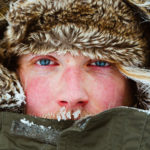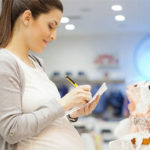Taking good care of a newborn baby is extremely important for all parents. For new parents who lack experience, it’s crucial to remember these four things to avoid doing with your newborn during the first seven days after birth for the baby’s well-being.
1 Avoid Caring for Your Baby with Unwashed Hands
When it comes to newborn babies, their immune systems are still developing and vulnerable, so contact with bacteria and dirt can make them sick.
Therefore, always wash your hands with soap and warm water or use a hand sanitizer before and after touching your baby.
Additionally, baby items such as bottles, pacifiers, and toys should be sanitized and cleaned daily.
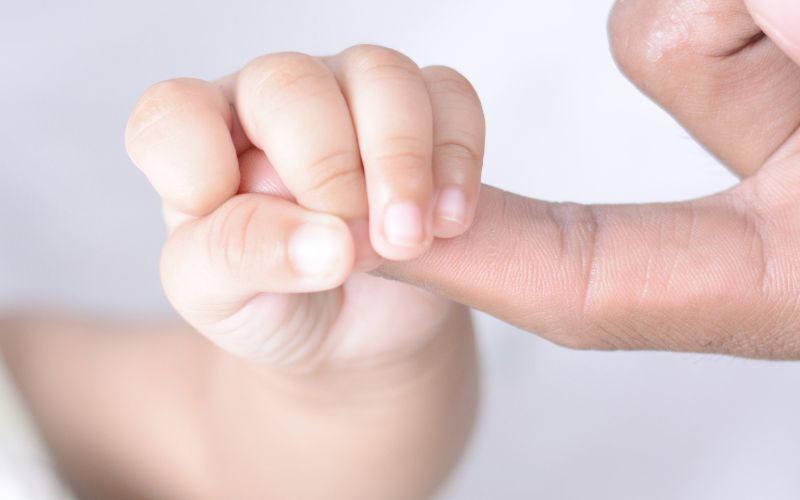 Avoid caring for your baby with unwashed hands
Avoid caring for your baby with unwashed hands
2 Don’t Pinch Your Baby’s Cheeks
Newborns have weak muscles and bones as they are still developing, so pinching their cheeks can be dangerous and cause serious muscle and bone injuries.
The pressure from pinching can affect the head area and cause nerve damage, impacting the child’s future development. Moreover, strong pinching can lead to facial deformities and asymmetry.
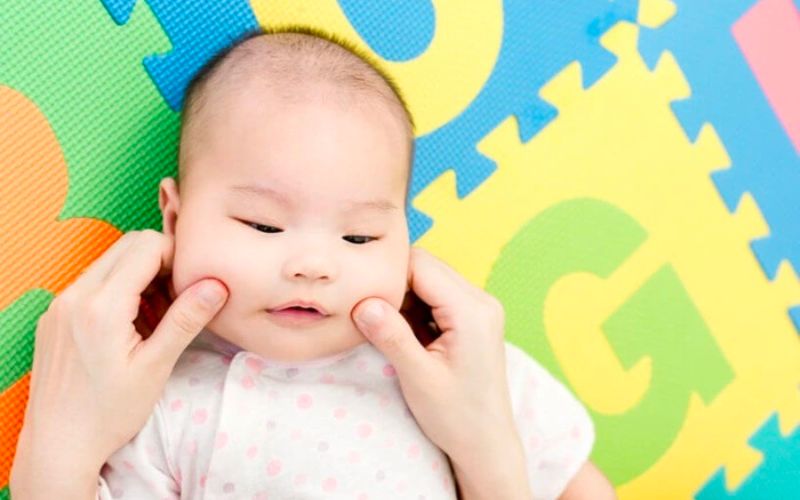 Don’t pinch your baby’s cheeks
Don’t pinch your baby’s cheeks
3 Avoid Co-Sleeping with Your Baby
While it may seem convenient to let your baby sleep between you and your partner in the bed, it’s not advisable.
Your baby could face a risk of suffocation from pillows and blankets or even from the adults’ bodies. Moreover, an adult’s movements and sounds can disrupt the newborn’s sensitive sleep patterns.
Instead, provide your baby with a comfortable crib in a quiet, well-ventilated room with moderate lighting to ensure a good night’s sleep.
 Avoid co-sleeping with your baby
Avoid co-sleeping with your baby
4 Don’t Trim Your Baby’s Eyelashes
Many parents wish for their babies to have longer and thicker eyelashes and eyebrows, and some may consider trimming them. However, this practice is not recommended due to potential risks.
Newborns’ eyelashes are soft and sensitive, and trimming them can leave thick roots that irritate and infect the eyes, leading to conjunctivitis or keratitis.
Additionally, eyelashes serve the essential purpose of protecting the eyes from harsh environmental lights. Furthermore, improper trimming can result in accidental cuts on the baby’s delicate skin.
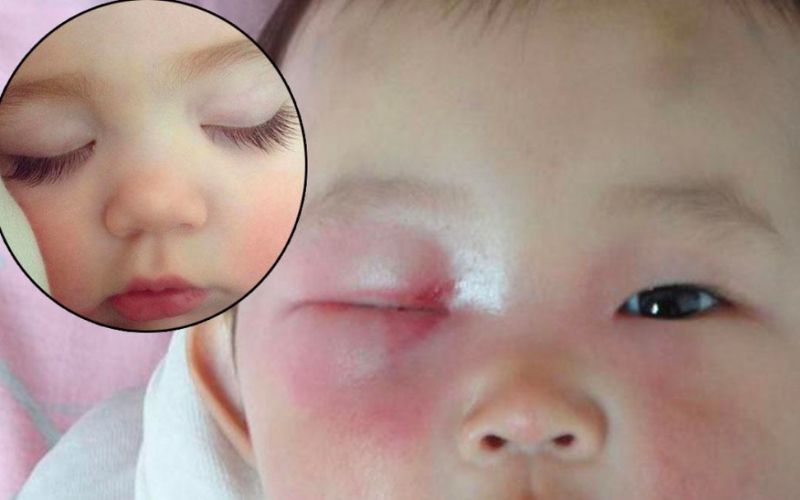 Don’t trim your baby’s eyelashes
Don’t trim your baby’s eyelashes
The best advice is to let your baby’s eyelashes grow naturally and focus on caring for and protecting their eyes.
In summary, these are the four things to avoid doing with your newborn during the first seven days after birth to ensure their health and safety.
Source: Literature and Arts Times
Uncovering the 6 Amazing Beauty Benefits of Avocado Oil
Discover 6 incredible beauty benefits of using avocado oil in your daily skin care routine in the “Kitchen Tips” section. From enhancing skin hydration to improving the appearance of blemishes, learn why avocado oil is one of the healthiest and most effective natural products to add to your beauty routine.

























